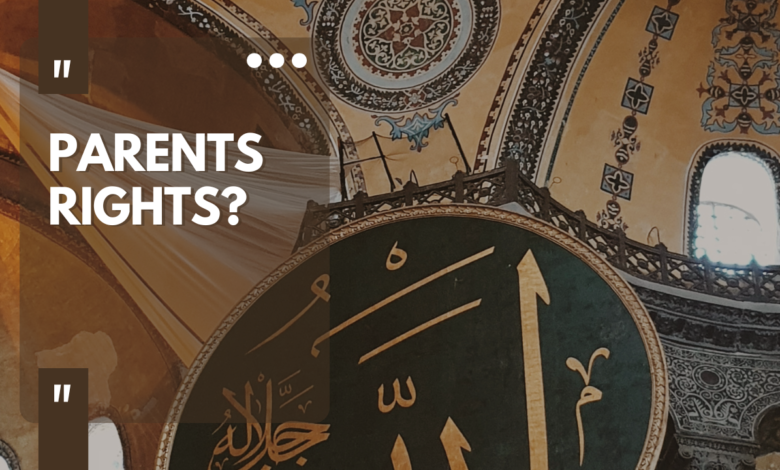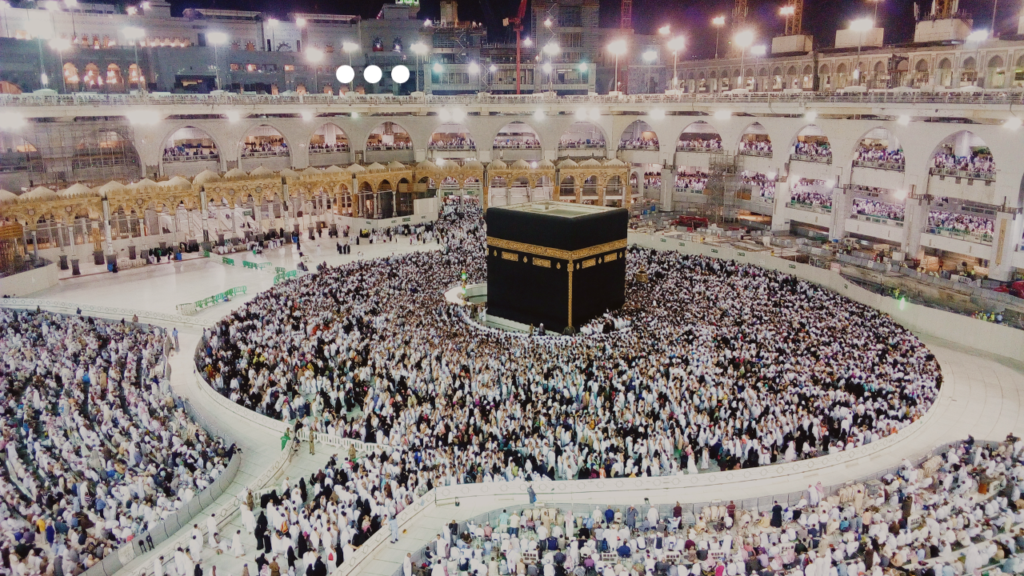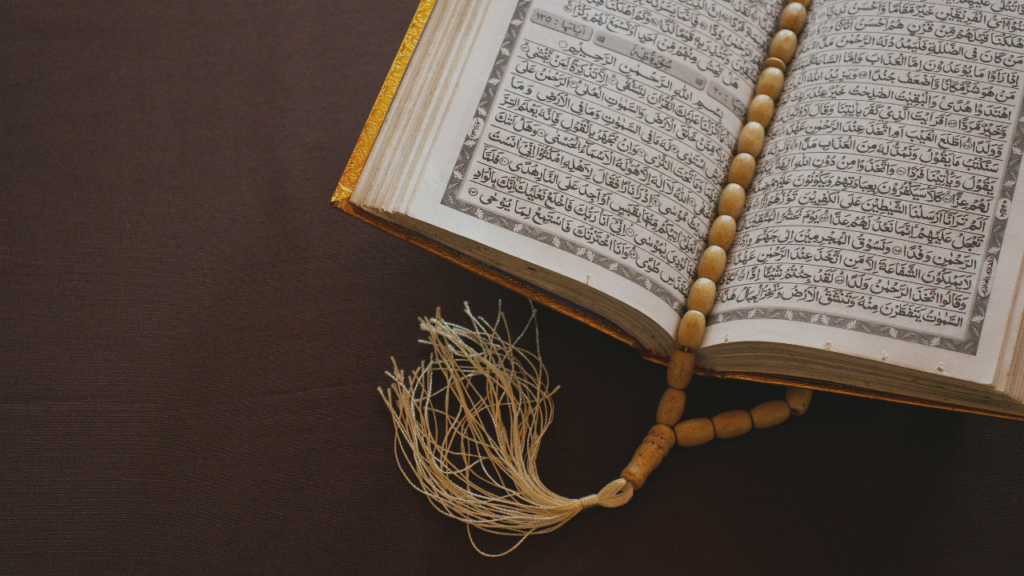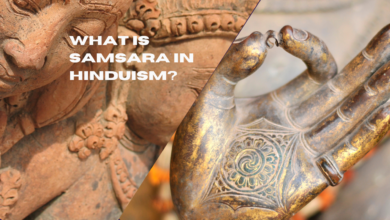
Parents Rights?
Parental rights are the inherent rights and responsibilities that parents have in raising their children. These rights encompass various aspects of child-rearing, such as custody, education, discipline, and medical decisions.

Introduction
Parental rights are the fundamental rights and responsibilities that parents have in raising their children. These rights are deeply rooted in the core principles of family, personal autonomy, and individual liberty. While they are recognized and protected in many countries around the world, the specific rights and their extent can vary. In this article, we will explore the importance of parental rights, the key elements they encompass, and the role they play in safeguarding the well-being of children and the integrity of families.
Defining Parental Rights
Parental rights encompass a wide range of privileges and duties. These include, but are not limited to:
- Custody and Care: Parents have the inherent right to have custody and control over their children. This means that parents can make decisions about their child’s education, health, and general well-being.
- Religious and Moral Upbringing: Parents have the right to instill their moral, ethical, and religious beliefs in their children.
- Education: Parents can make choices regarding their child’s education, including whether they are homeschooled, attend public or private schools, or receive religious instruction.
- Medical Decisions: Parents have the authority to make medical decisions on behalf of their children, including choices related to vaccinations, medical treatments, and surgeries.
- Discipline: Parents have the right to discipline their children, within reasonable and humane boundaries, to teach them appropriate behavior and values.
- Financial Support: Parents are responsible for providing financial support and care to their children, ensuring their basic needs are met.
- Cultural and Language Preservation: Parents have the right to pass on their cultural heritage and language to their children.
Also check.
- Which types of Clothes are Haram on Men?
- What is Hinduism Religion?
- What Is The Third Pillar Of Islam?
- What does Jihad Mean?
- What Is The Second Pillar Of Islam?
The Significance of Parental Rights
- Protection of Family Unit: Parental rights are critical for the preservation of the family as the basic unit of society. These rights allow parents to provide love, care, and guidance to their children, creating a stable and nurturing environment.
- Personal Autonomy: Parental rights are an extension of individual liberty. They empower parents to make choices aligned with their values, beliefs, and cultural backgrounds, shaping their children’s upbringing accordingly.
- Best Interests of the Child: Parental rights, when exercised responsibly, prioritize the best interests of the child. Parents are usually the ones who know their child’s unique needs, and parental rights enable them to make decisions that reflect these needs.
- Emotional and Psychological Well-being: A secure family environment, where parental rights are respected, helps ensure the emotional and psychological well-being of children. This stability fosters a sense of belonging, love, and trust.
- Diverse Perspectives: Recognizing and protecting parental rights allows for diversity in child-rearing approaches. It acknowledges that there is no one-size-fits-all method for raising children and that different families may have unique traditions, values, and customs.
Challenges and Limitations
While parental rights are essential, they are not absolute. There are limits to these rights to protect children from harm or neglect. The state may intervene when there is evidence of abuse, neglect, or actions that jeopardize a child’s safety or well-being. It is a delicate balance between individual parental rights and the broader societal interest in safeguarding children.
Conclusion
Parental rights are the cornerstone of family life and individual liberty. They play a pivotal role in shaping the well-being and future of children while respecting the diverse cultural, moral, and religious values that exist within society. However, these rights are not absolute and should be exercised responsibly, taking into account the best interests of the child. Society, policymakers, and the legal system must continue to strike a balance between parental rights and child protection to ensure a harmonious and healthy environment for the next generation.

FAQs
What are parental rights?
Parental rights are the inherent rights and responsibilities that parents have in raising their children. These rights encompass various aspects of child-rearing, such as custody, education, discipline, and medical decisions.
Are parental rights the same in every country?
Parental rights can vary from one country to another. While many nations recognize and protect these rights, the specific laws and extent of parental rights can differ.
What is the significance of parental rights?
Parental rights are significant because they protect the family unit, promote personal autonomy, and prioritize the best interests of the child. They allow parents to provide a stable and loving environment for their children.
Do parental rights have limits?
Yes, parental rights are not absolute. They can be limited to protect children from harm or neglect. The state may intervene when there is evidence of abuse, neglect, or actions that jeopardize a child’s safety or well-being.
Can parental rights be terminated?
In some cases, parental rights can be terminated by a court if it is determined that the parent is unfit or poses a danger to the child. Termination of parental rights is a serious legal action and varies by jurisdiction.
What role do parental rights play in education?
Parental rights in education include the ability to make decisions about a child’s schooling, such as choosing between public, private, or homeschooling, as well as being involved in the child’s educational progress.
Are there international agreements regarding parental rights?
The United Nations Convention on the Rights of the Child (CRC) outlines certain rights and responsibilities related to children and parents, but specific parental rights can still vary by country.
What should parents know about medical decisions and parental rights?
Parents have the authority to make medical decisions for their children, but these decisions must align with the best interests of the child. In some cases, disagreements may be resolved through the legal system.
Can parental rights be restored after termination?
In some cases, parental rights can be restored if the circumstances that led to their termination have changed significantly. However, this process is typically complex and subject to legal proceedings.
How can parents ensure they protect their parental rights?
Parents can protect their parental rights by staying informed about relevant laws, acting in the best interests of their children, seeking legal advice when necessary, and maintaining open communication with the other parent or guardians when making significant decisions about the child’s life.




